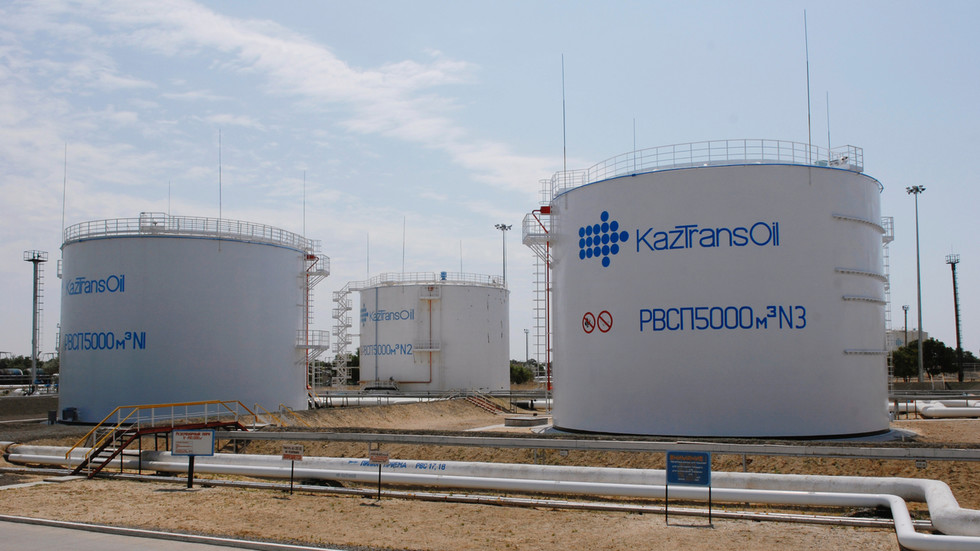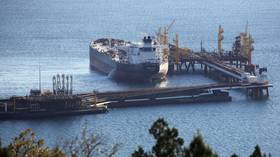
The first delivery is scheduled for this week, according to the country’s energy minister

© Sputnik / Aleksey Babushkin
Kazakh oil will start transiting through Russian territory to Germany via the Druzhba pipeline in the coming days as Berlin seeks to replace Moscow’s crude supplies, Kazakh Energy Minister Bolat Akchulakov told reporters on Wednesday.
The country’s state-run Kaztransoil applied to Transneft, a Russian state-owned pipeline transport company and operator of Russia’s section of the Druzhba pipeline to send the first 20,000 tons of crude to Germany using Russian infrastructure.
“I really hope that it will start flowing today,” the minister said, indicating that oil shipments could begin on Wednesday given that “yesterday all procedures were completed.”
In December, Astana applied for the transit of 1.2 million tons of oil in 2023 via Russia to Germany with a possible increase in future shipments to 7 million tons.

Germany, which has historically been the largest EU buyer of Russian oil, stopped imports via pipelines on January 1, despite the fact that the latest EU embargo exempts piped deliveries to the bloc from the sanctions-hit nation.
The northern part of the Druzhba pipeline system feeds two refineries in eastern Germany as well as plants in Poland. Warsaw is still buying Russian oil but under the replacement plan there are no guarantees that deliveries to Germany will originate in Kazakhstan, rather than Russia, according to Polish Climate Minister Anna Moskwa.
Germany’s Economy Ministry said that some mixing of Kazakh and Russian crude was unavoidable, stressing that it was “critical that there are no more shipments from Russia, so there is no money flowing to Russia.”
Meanwhile, earlier, Transneft spokesman Igor Demin noted that the “volumes that used to flow from Russia to Germany cannot be replaced by Kazakhstan.” He explained that while Russia once shipped up to 20 million tons of oil a year to Germany and another 10 million tons to Poland via Druzhba, Kazakhstan is only able to pump 3-7 million tons annually.
For more stories on economy & finance visit RT’s business section




